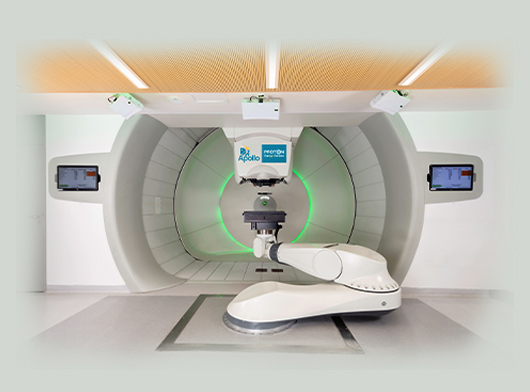For patients battling GI cancers (esophageal, stomach, liver, pancreatic, or colorectal), medical tourism provides access to cutting-edge treatments at leading cancer centers in India, Turkey, South Korea, and Germany – often at 40-60% lower costs than Western countries. These JCI-accredited hospitals offer advanced robotic surgeries, HIPEC for peritoneal cancers, targeted therapies, and liver transplants, performed by internationally trained specialists.

Doctor(s): Dr. Sujith Kumar Mullapally
Country: -
City: Chennai
Visa: Yes
Hotel: 3 star, 4 star, 5 star
Transfer: Yes
Translator: Yes
Language: Arabic, English, Persian
Hospital:
Price: From: 119.00$
Hospital/Clinic:
Doctor(s):
Country: -
City: Chennai
Visa: Yes
Hotel: 3 star, 4 star, 5 star
Transfer: Yes
Translator: Yes
Language: Arabic, English, Persian
Price: From: 119.00$

Doctor(s): Dr. Ajit Pai
Country: -
City: Chennai
Visa: Yes
Hotel: 3 star, 4 star, 5 star
Transfer: Yes
Translator: Yes
Language: Arabic, English, Persian
Hospital:
Price: From: 119.00$
Hospital/Clinic:
Doctor(s):
Country: -
City: Chennai
Visa: Yes
Hotel: 3 star, 4 star, 5 star
Transfer: Yes
Translator: Yes
Language: Arabic, English, Persian
Price: From: 119.00$

Doctor(s): Dr. Ashu Abhishek
Country: -
City: Chennai
Visa: Yes
Hotel: 3 star, 4 star, 5 star
Transfer: Yes
Translator: Yes
Language: Arabic, English, Persian
Hospital:
Price: From: 119.00$
Hospital/Clinic:
Doctor(s):
Country: -
City: Chennai
Visa: Yes
Hotel: 3 star, 4 star, 5 star
Transfer: Yes
Translator: Yes
Language: Arabic, English, Persian
Price: From: 119.00$
Gastrointestinal oncology is a specialized branch of medicine focused on the diagnosis, treatment, and management of cancers affecting the digestive system, including the esophagus, stomach, liver, pancreas, colon, and rectum. These cancers are among the most common and deadly worldwide, making early detection and advanced treatment crucial for improving survival rates.
Modifiable Risks:
🔹 Prevention Tips:
Early screening (like colonoscopies) and personalized treatment approaches significantly improve outcomes in GI cancers. Consulting a multidisciplinary oncology team ensures the best care strategy.